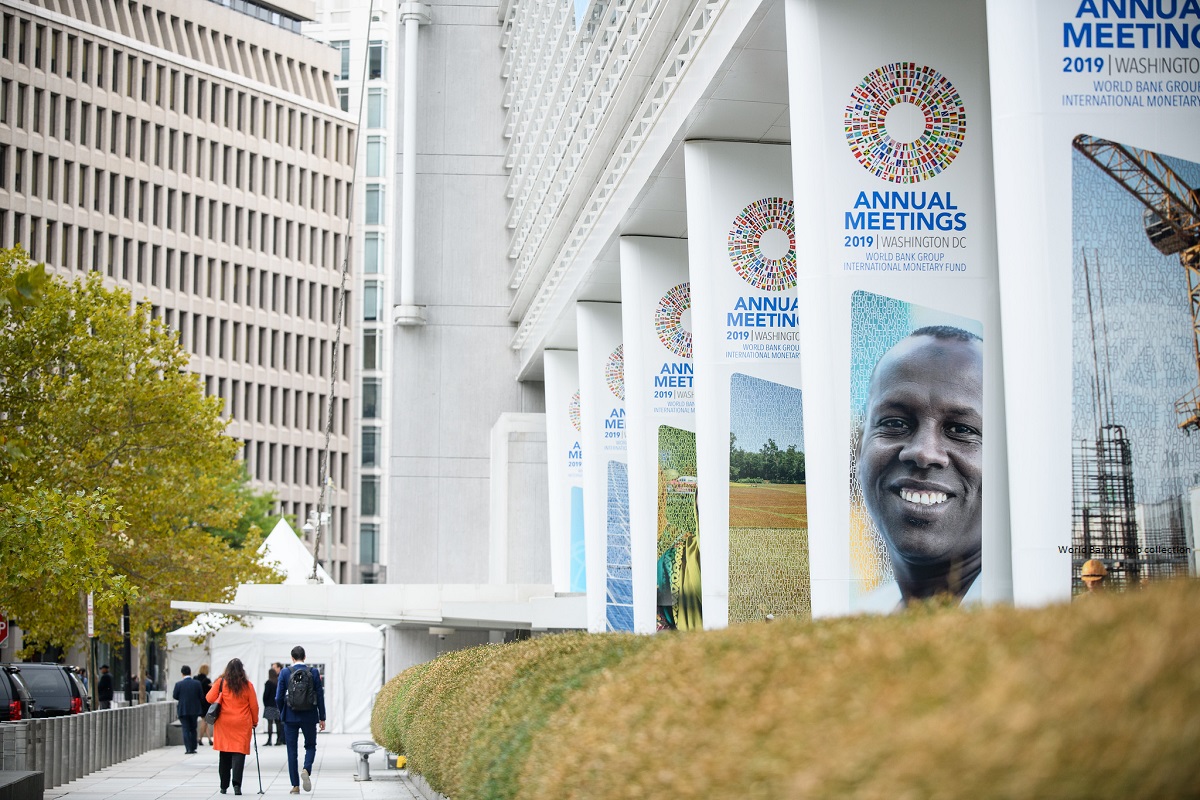World Bank Ranks Indonesia Into an Upper-Middle Income Country
Friday, 03 July 2020

The World Bank classifies the world economy into four groups of countries. Namely, low, lower-middle, upper-middle, and high-income countries. The classifications are updated each year on 1July and are based on Gross National Income (GNI) / per capita in current USD (using the Atlas method exchange rates) of the previous year, in this case in 2019.
Based on the latest classification by the World Bank released Wednesday (1/7), there are six countries whose status has been upgraded, one of which is Indonesia. The World Bank has decided to improve Indonesia's rank from a lower-middle
to a upper-middle income country. The rank increase was based on the Indonesian Bank assessment of GNI per capita Indonesia in 2019 which rose to USD 4,050 from the previous position of USD 3,840.
Besides Indonesia, there are six other countries whose status has also been raised. Among them is Benin which was originally in the low-income country group became a middle-lower income country. The same status is also obtained by Nepal and Tanzania who also moved up to the middle and lower income countries. Then, the status of Mauritius, Nauru and Romania are also increased from upper-middle income country, to high-income country.
For information, the World Bank classifies countries based on GNI per capita in four categories. Those are low-income countries with a GNI per capita of USD 1,035, then lower-middle income countries with GNI between USD 1,036 to USD 4,045, upper-middle income countries with GNI USD 4,046 to USD 12,535 and high-income countries with GNI above USD 12,535.
This category classification is commonly used internally by the World Bank, but it is also widely referenced by international agencies and organizations in their operational guidelines.The World Bank uses this classification as a factor to determine which countries are eligible to use the world Bank's facilities and products, including loan pricing.
Regarding the rating upgrade, the Ministry of Finance in its official statement stated that this would further strengthen the trust and perception of investors, trading partners, bilateral partners and development partners for Indonesia's economic resilience. In turn, this status is expected to increase investment, improve current account performance and reinforce financial support. (Ken)


